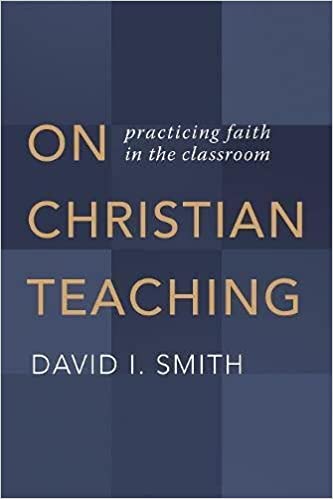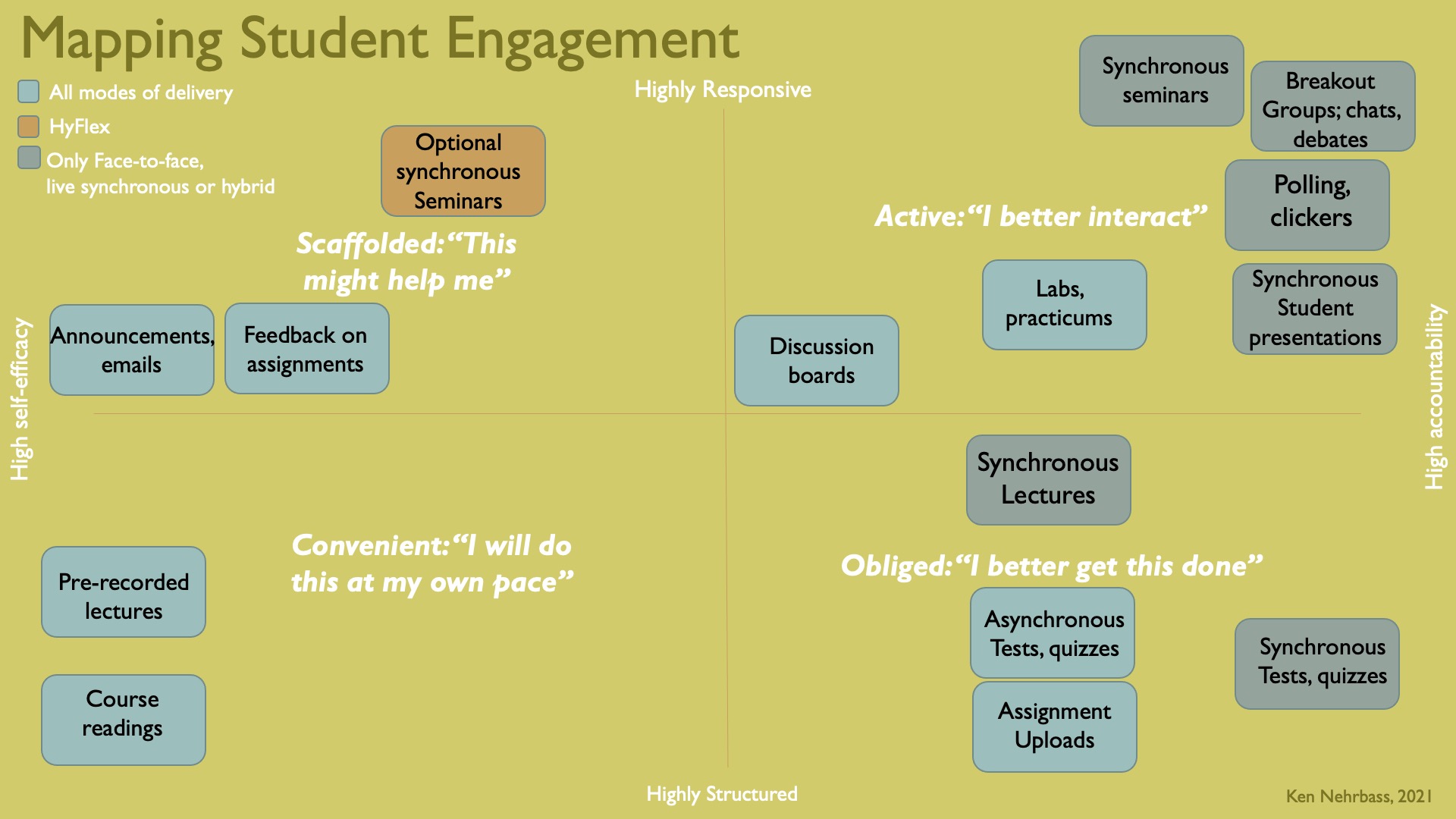By Robert Shields Artificial intelligence (AI) is changing the way that we approach faculty work in a modern information society.
Category: Teaching- Best Practices
What does research say about learning styles?
by Ted Murcray This post kicks off a new series called “Ted Talks Teaching.” In this series, I have created
4 WAYS TO TRY UNGRADING IN YOUR COURSE

By Robert Shields Susan Blum’s book Ungrading: Why Rating Students Undermines Learning (and What to Do Instead) has been both
Will grading easier result in higher course evaluation ratings?

By Ted Murcray In a nutshell Short answer: Maybe, but not likely. A recent study found that easing up on
How do you distinguish between spoon-feeding and student support?

by Kenneth Nehrbass Whenever the term “spoon-feeding” shows up in popular media, it is either used to insult students or
Is there a such thing as Christian teaching?

40% of Christian professors (n=2309) said that their faith does not influence their teaching methods (Smith, 2018, p. 145). In a compilation of nearly 300 books and articles on integration of faith and learning; I noted that very few resources discuss how Christianity
Questioning Types: Aren’t all questions the same?

By Ted Murcray
Often instructors are concerned with the way students interact with the material in class. They worry that students will not participate robustly in class
Does there need to be a graded assignment in every module?

By Kenneth Nehrbass You’ve heard “Every objective needs to be assessed.” But sometimes professors have many objectives throughout a course–
Mapping Student Engagement: Four types of engagement found in any form of course delivery

By Kenneth Nehrbass
This article challenges the notion that face-to-face instruction is not squarely located in the “Active” quadrant, with online instruction relegated far
Helping students choose up-to-date academic sources

By Kenneth Nehrbass
Professors often specify in their rubrics for term papers and presentations that the cited sources should be current and scholarly. And of course, they try to model this selectivity by assigning readings